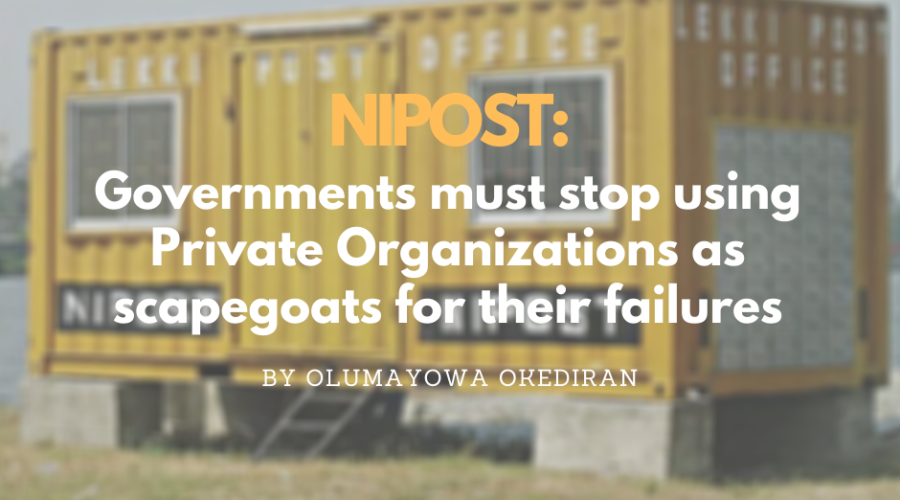Boris Johnson’s new anti-obesity strategy will only nanny consumers
In response, Maria Chaplia, European Affairs Associate at the Consumer Choice Center, said “Radical measures such as banning ads and promotions would fail to tackle obesity, while also harshly affecting adults and their personal choices. The silent minority of consumers who want to be left alone and deemed as responsible consumption wise will be hurt the most,” she said.
source http://meltwater.pressify.io/publication/5f1ee37636506f000438e267/5aa837df2542970e001981f6


